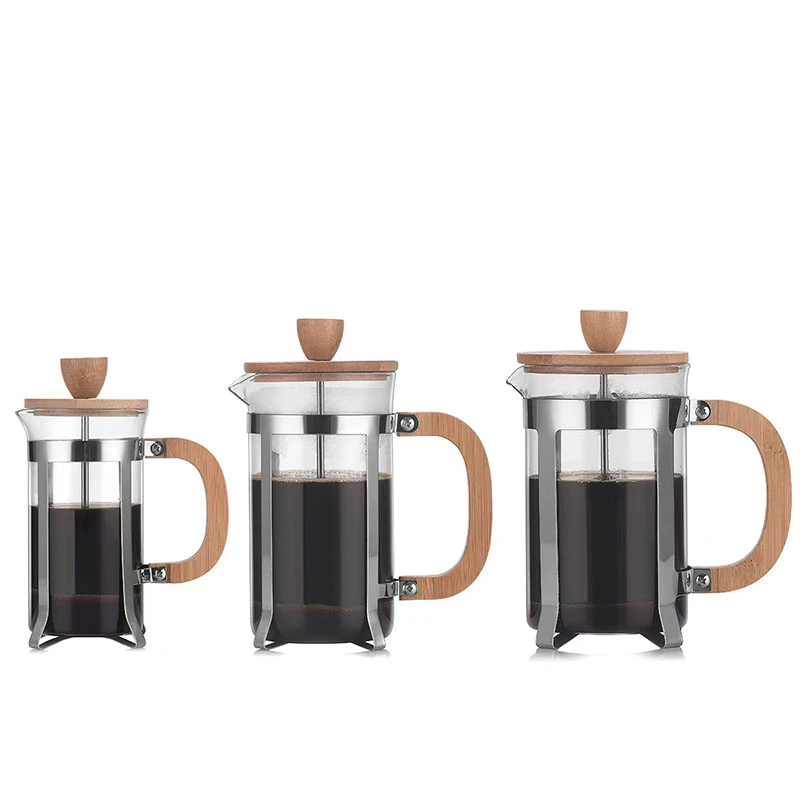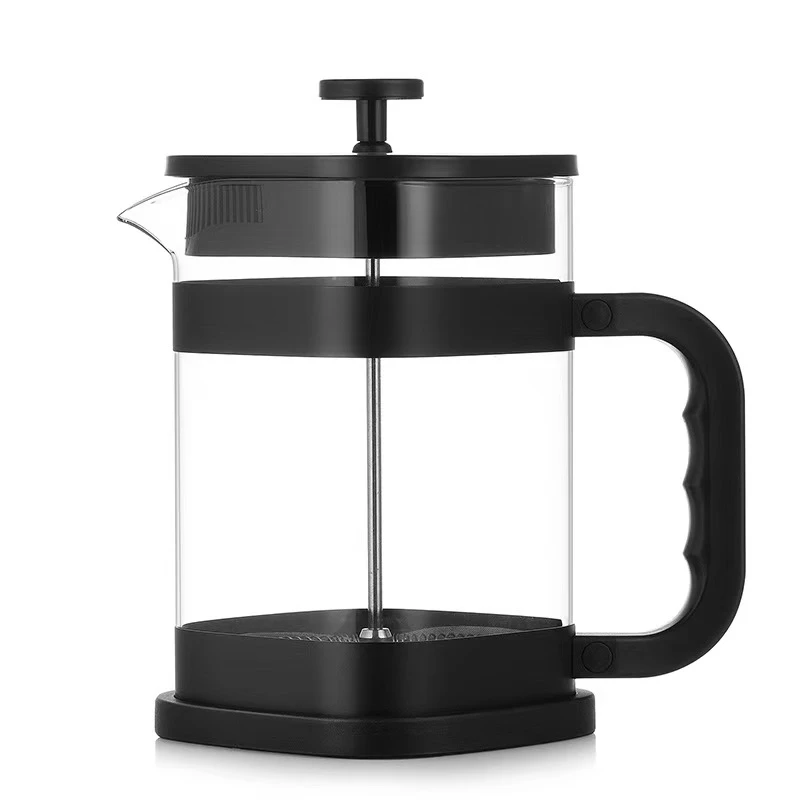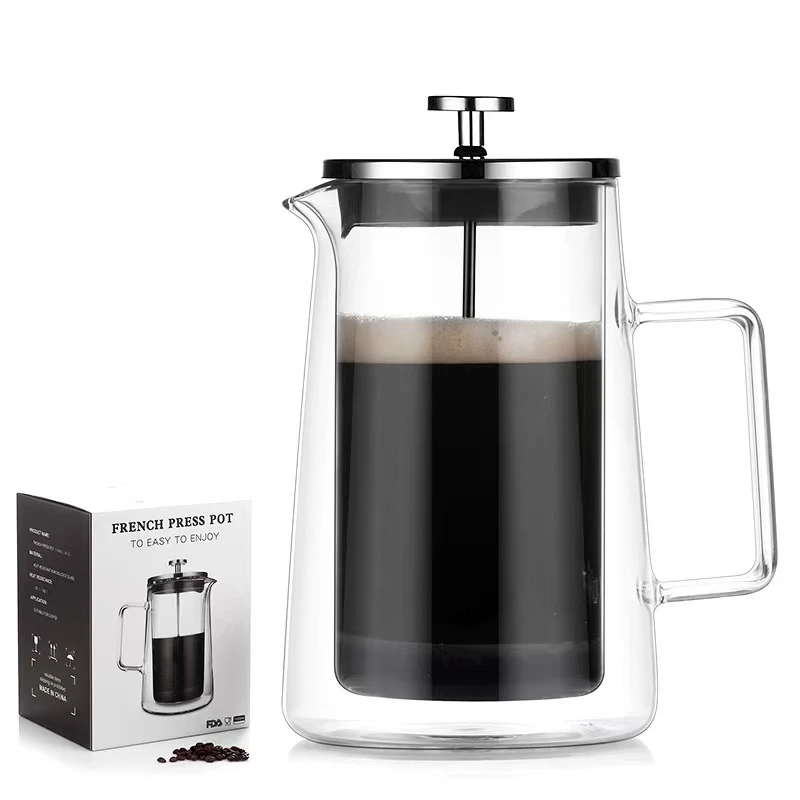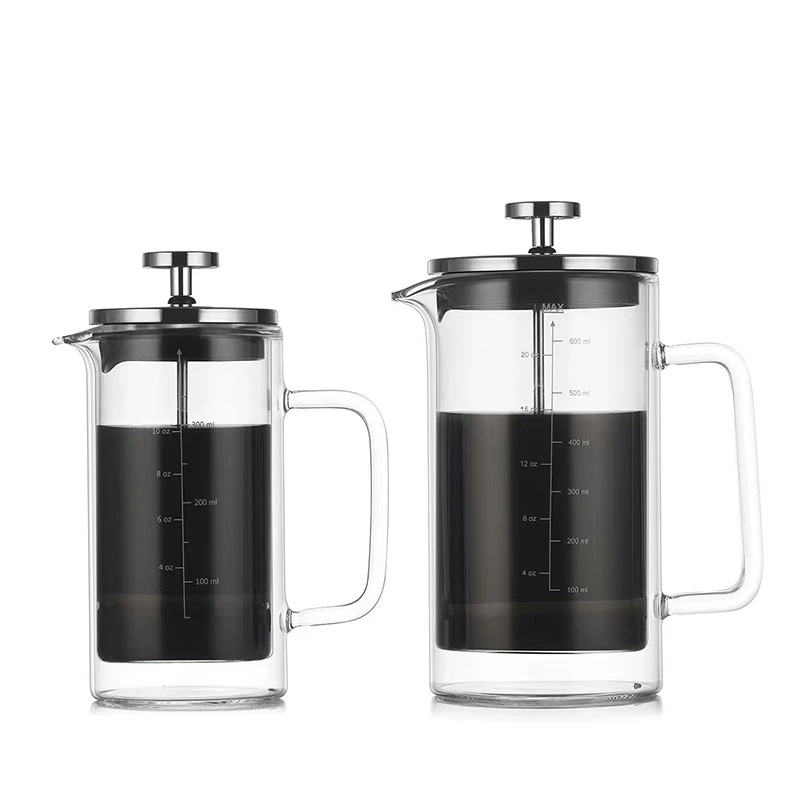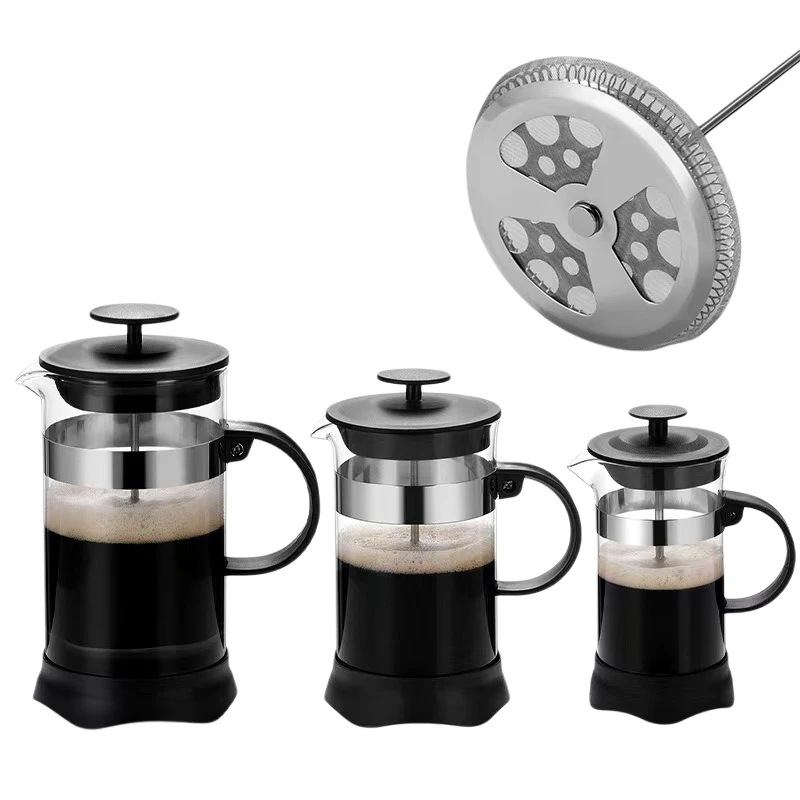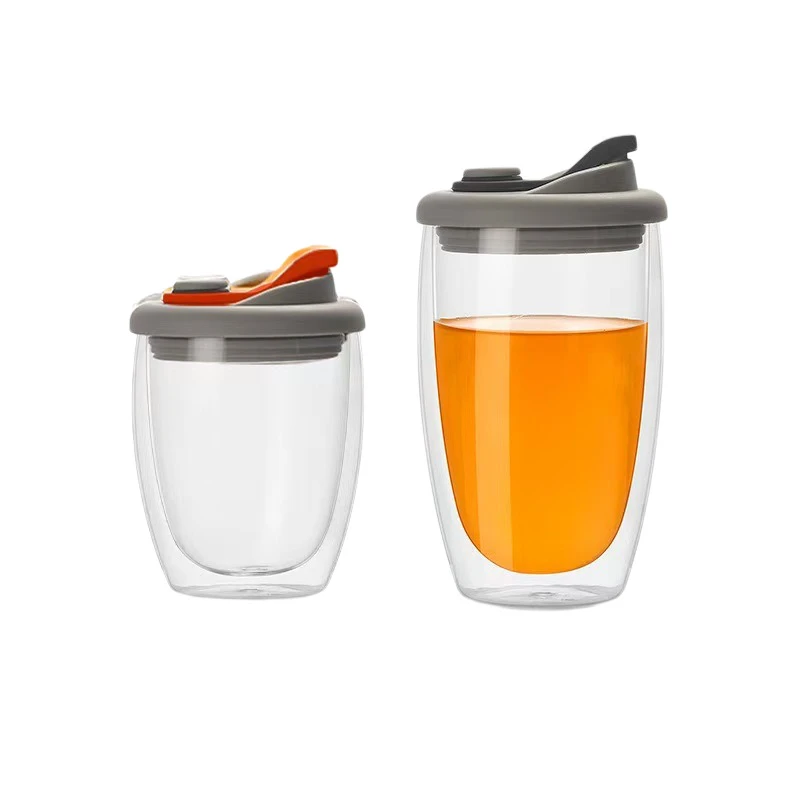 TEL: +86 311 67799298
TEL: +86 311 67799298 Email: tina@yintoglassware.com
Email: tina@yintoglassware.com
Eco-Friendly Glass Containers with Sustainable Lids for a Plastic-Free Lifestyle
The Shift Towards Glass Containers Without Plastic Lids
In recent years, there has been a growing awareness of the environmental impact of plastic use. This consciousness has prompted consumers and manufacturers alike to seek more sustainable alternatives. One such alternative gaining popularity is the use of glass containers without plastic lids. These eco-friendly containers offer not only a solution to the plastic problem but also a plethora of benefits that cater to health, aesthetic appeal, and versatility.
Environmental Benefits
The environmental implications of plastic waste are staggering. According to the United Nations, around 300 million tons of plastic are produced every year, with a significant portion ending up in our oceans and landfills. The non-biodegradable nature of plastic means that it can take hundreds of years to decompose, posing a threat to wildlife and ecosystems. By transitioning to glass containers, especially those free from plastic lids, we are taking a proactive step toward reducing our carbon footprint and minimizing waste.
Glass is 100% recyclable and can be recycled endlessly without losing quality or purity. This not only reduces landfill waste but also conserves raw materials and energy. Studies show that recycling glass can save up to 39% of the energy required to make new glass from raw materials. By choosing glass containers over plastic, consumers can participate actively in a circular economy, promoting sustainability at every level of the product lifecycle.
Health Considerations
In addition to environmental benefits, using glass containers without plastic lids carries significant health advantages. Many plastic containers contain harmful chemicals such as BPA (bisphenol A) and phthalates, which can leach into food and beverages. These chemicals are linked to various health issues, including hormonal disruptions and increased risks of certain cancers. Glass, on the other hand, is non-toxic, inert, and does not leach harmful substances, making it a safer option for food storage.
Furthermore, glass containers can withstand higher temperatures, making them ideal for both hot and cold food storage. This temperature resistance allows for safe usage in microwaves, ovens, and even freezers. Unlike plastic, which can warp and release harmful chemicals when exposed to heat, glass maintains its structural integrity, ensuring that the food remains uncontaminated.
glass containers without plastic lids
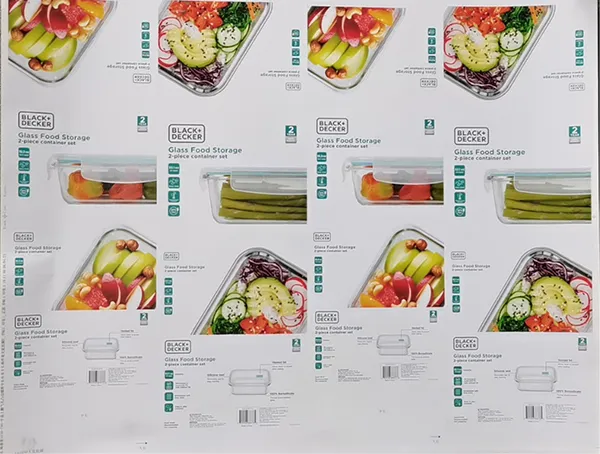
Aesthetic Appeal
Beyond functionality and health, glass containers without plastic lids also offer aesthetic advantages that many consumers appreciate. The clarity of glass not only allows for easy visibility of contents but also adds an appealing touch to kitchen shelves and dining tables. The minimalist and elegant design of glass makes it a preferred choice for many, aligning with modern trends toward simplicity and sophistication in kitchenware.
Moreover, glass containers come in a variety of shapes and sizes, catering to diverse needs from meal prepping to entertaining guests. The ability to visually showcase food adds an attractive element that plastic simply cannot replicate. This aesthetic appeal makes glass containers a popular choice for both everyday use and special occasions.
Versatility and Functionality
The versatility of glass containers extends beyond simple storage. They can be used in food preparation, baking, and serving without any compromise in quality. Glass jars are ideal for preserving jams, pickling vegetables, and marinating meats, while glass meal prep containers are perfect for portion control and on-the-go meals.
Additionally, many glass containers feature airtight lids made of materials such as silicone or metal, which enhance preservation without relying on plastic. This ensures that food stays fresh and flavorful while remaining eco-friendly. With a variety of lids available, consumers have the option to select materials that align with their values and needs.
Conclusion
The transition from plastic to glass containers without plastic lids is not merely a trend; it is a significant step toward a more sustainable future. These containers promote environmental responsibility, safeguard health, enhance aesthetic value, and offer unparalleled versatility. As awareness and adoption of eco-friendly practices continue to grow, it is clear that glass containers are set to play a crucial role in the fight against plastic pollution, ensuring that we leave a healthier planet for future generations. By embracing glass, we are not just making a choice for today; we are investing in a sustainable tomorrow.
-
Benefits of Vacuum Containers with Pumps for Food PreservationNewsJun.12,2025
-
Glass Food Storage Container with Lid for Seal PreservationNewsJun.12,2025
-
Styling Amber Glass Plates for Modern TablescapesNewsJun.12,2025
-
Benefits of Double Wall Coffee Cups for Heat RetentionNewsJun.12,2025
-
Colored Glass Bowls in Cultural TraditionsNewsJun.12,2025
-
Durability of Colored Glass Dinnerware Compared to CeramicNewsJun.12,2025



